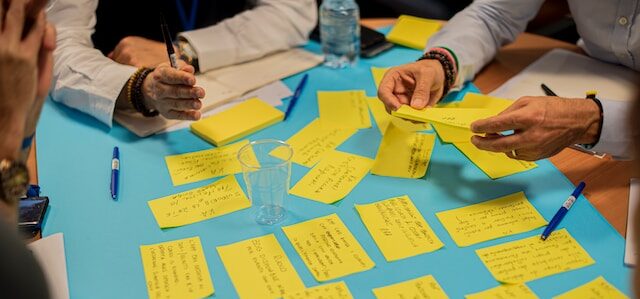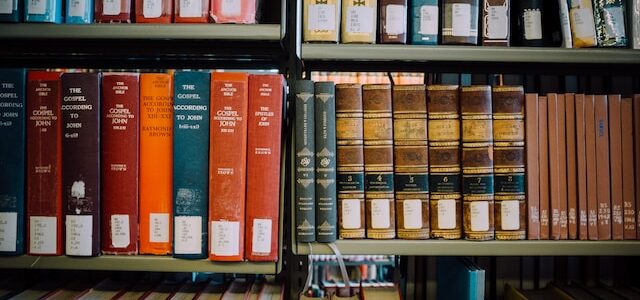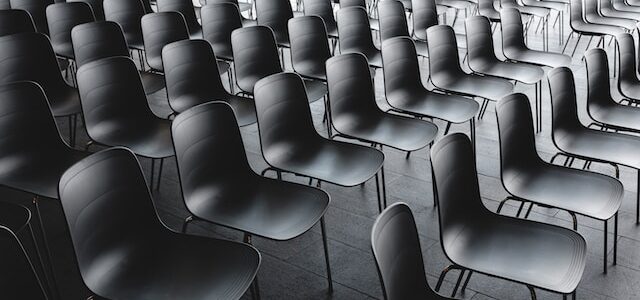We are pleased that Laura Mark is part of the aforementioned working group and can discuss our research with colleagues. Practitioners and researchers meet regularly in the working group to discuss various topics related to mobility and social inclusion. The working group started in the middle of 2021 and the content-related work is now taking more and more shape: Areas of interface with our research include the question of procedural justice in planning processes for the mobility transition – who participates and whose voices are heard? How should planning and participation processes for a sustainable mobility transition be designed in the future in order to include everyone? Here we will report on the further work and publications and events that develop within the context of this working group!
News
Robust Methods for Classifying Argument Components in Public Participation Processes for Mobility Planning
In this publication in the Workshop on Argument Mining, Julia Romberg and Stefan Conrad address the robustness of classification algorithms for argument mining to build reliable models that generalize across datasets.
Abstract
Public participation processes allow citizens to engage in municipal decision-making processes by expressing their opinions on specific issues. Municipalities often only have limited resources to analyze a possibly large amount of textual contributions that need to be evaluated in a timely and detailed manner. Automated support for the evaluation is therefore essential, e.g. to analyze arguments.
In this paper, we address (A) the identification of argumentative discourse units and (B) their classification as major position or premise in German public participation processes. The objective of our work is to make argument mining viable for use in municipalities. We compare different argument mining approaches and develop a generic model that can successfully detect argument structures in different datasets of mobility-related urban planning. We introduce a new data corpus comprising five public participation processes. In our evaluation, we achieve high macro F1 scores (0.76 – 0.80 for the identification of argumentative units; 0.86 – 0.93 for their classification) on all datasets. Additionally, we improve previous results for the classification of argumentative units on a similar German online participation dataset.
Key findings
- We conducted a comprehensive evaluation of machine learning methods across five public participation process in German municipalities that differ in format (online participation platforms and questionnaires) and process subject.
- BERT surpasses previously published argument mining approaches for public participation processes on German data for both tasks, reaching macro F1 scores of 0.76 – 0.80 for the identification of argumentative units and macro F1 scores of 0.86 – 0.93 for their classification.
- In a cross-dataset evaluation, BERT models trained on one dataset can recognize argument structures in other public participation datasets (which were not part of the training) with comparable goodness of fit.
- Such model robustness across datasets is an important step towards the practical application of argument mining in municipalities.
Publication
Romberg, Julia; Conrad, Stefan (2021, November). Citizen Involvement in Urban Planning – How Can Municipalities Be Supported in Evaluating Public Participation Processes for Mobility Transitions?. In Proceedings of the 8th Workshop on Argument Mining (pp. 89-99), Punta Cana, Dominican Republic. Association for Computational Linguistics. https://aclanthology.org/2021.argmining-1.9
Interdisciplinary course on exploring social status and language
This term we are offering a master course in which we use proposals from online consultation processes in conjunction with individual-level survey data to analyse if social status of participants is reflected in the language they use in their written proposals. To this end, we utilize AI-based methods of Natural Language Processing.
More information is available in German.
New seminar: Mobility and sustainability: Social aspects of the mobility turn
This term we offer a MA-course on “Mobility and sustainability: Social aspects of the mobility turn”. More information are available in German.
Results of the first practical workshop of the junior research group CIMT
Our first practical workshop in summer 2020 focused on the question of how the evaluation of citizen contributions can be technically supported and what requirements practitioners have for a software solution designed to (partially) automate the evaluation.
More information can be found in the working paper (German version only!):
We´re hiring!
We´re looking for a student assistant to help with research and coding tasks. Please apply until the 9th of June! More information see:
Kick-Off Conference of Junior Research Groups in Bonn
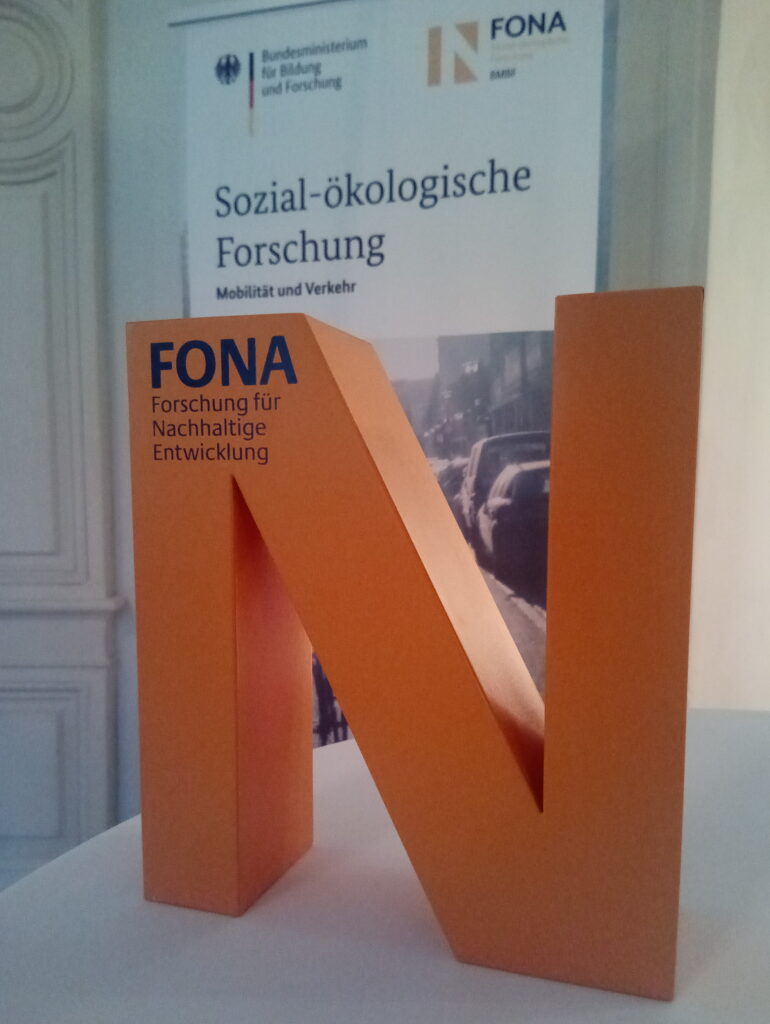
On 9 & 10 March 2020 the kick-off conference of all junior research groups took place that are funded by the BMBF programme on Research for Sustainable Development (FONA). At the moment there are about 20 junior research group that receive funding and that reported during the two-day conference.
As part of the latest funding round of 2019 we presented our group in the form of a presentation and a poster.
For an overview of all junior research group see the BMBF website.
Urban Change Maker Group – Workshop in Berlin
Evolving our ideas in exchange with the research community in sustainable transport is essential for us – to view challenges from a new angle, get some inspiration and possibly identify some synergies. That´s why we are part of the Urban Change Maker group, a diverse group of PhD and Post-Doc researchers from all over the world that work on issues of sustainable transformation in cities. Focus is on research that enables a sustainable transition in practice, mainly on governance and stakeholder constellations as well as social justice.
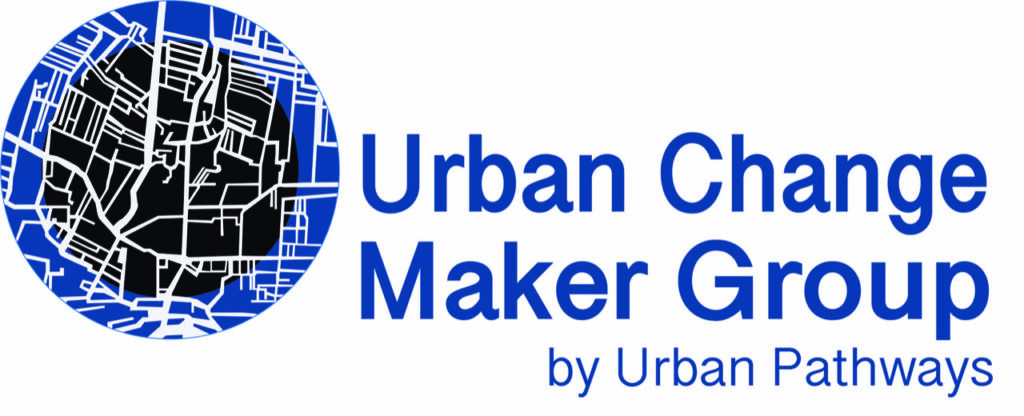
The research group is affiliated with the Wuppertal Institute and the TU Berlin as well as various other research institutions and universities.
On March 6th, we met for a creative workshop to identify possible synergies and joint research topics. The workshop started with the researchers introducing their research interests, already starting discussions on possible synergies. This was further continued and concrete paper ideas were discussed, as well as possible topics for Master´s thesis at the affiliated universities.
For our research group, a possible synergy could be comparing our German cases with similar cases of public participation in one of the partner cities and elaborate differences and similarities. The initiated exchange will continue over the following years, in the form of regular workshops and a yearly summer school for the whole group, and more intense exchange for the work on joint research and paper topics. This exchange will help us to discuss and place the topic in a broader thematic and geographical context.
First advisory board meeting of the junior research group CIMT in Berlin
On 28 February 2020, the junior research group organized the first meeting of the advisory board. The meeting of the members from research and practice took place at the Berlin Social Science Center WZB.
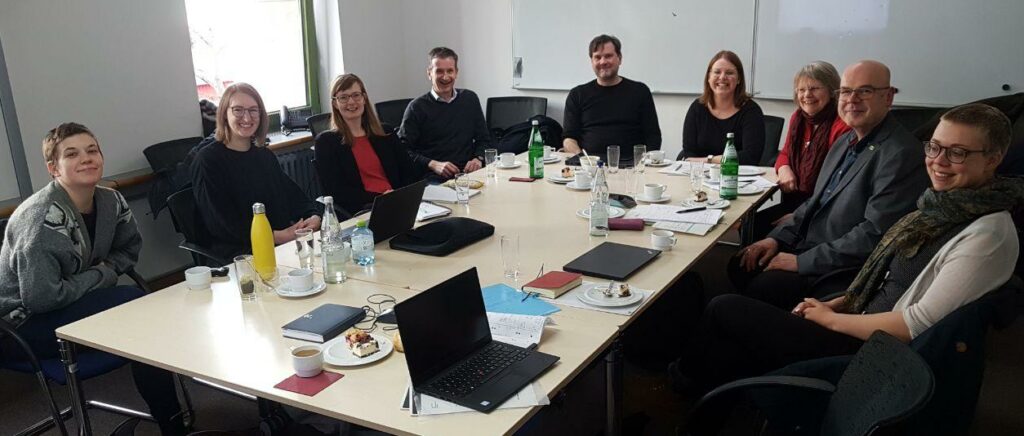
A central point of the event was the introduction and getting to know the members of the advisory board and the members of the junior research group. As group leader, assistant professor Tobias Escher presented the interdisciplinary research project in general. Laura Mark (urban planning), Katharina Huseljić (sociology) and Julia Romberg (computer science) then discussed the research projects of the individual disciplines in more detail. In the following discussion, a constructive exchange on the requirements of the single project parts and the overall project took place. At the end of the meeting, a joint decision was made in a feedback round to continue the exchange semi-annually to annually.
CIMT thanks all participants for a successful day!
Conference Future City 2019
On December 2nd and 3rd, 2019, the Conference Future City 2019 of the Federal Ministry of Education and Research took place in Münster. The CIMT group – represented by Laura Mark and Katharina Huseljić – presented itself there with a poster.
The main goal of our group was to network with science and practice in order to facilitate future cooperation in the evaluation of participation procedures. In addition, there was a strong exchange with former and currently funded projects from social-ecological research. Among other things, the focus was on inter- and transdisciplinary work in junior research groups.
Additionally, there was room for disciplinary interaction and networking and workshops deepening knowledge in the differing research attempts. There was the opportunity to attend various workshops with and without disciplinary focuses. The members of the junior research group attended events on working with data at local municipality level and on the possibility of bottom up climate protection.


